Stool molds Manufacturers
Stool molds are designed for compact plastic seats and are widely used in homes, schools, restaurants and public places.
Variety designs: Round, square or foldable stool molds can be made according to the needs of end users.
Interchangeable core tiles: Use a replaceable core system to facilitate product switching of different sizes and heights.
Molding efficiency: Improve production cycle by optimizing cooling system and hot runner design (such as using hot runner molds).
Compact structure: The stool product is small in size, and the mold is usually designed with a single cavity, but the structural fineness is required.
Stool mold emphasizes productivity and consistency. In response to different structural needs, some molds use gas-assisted injection molding or shrinkable cores to cope with inverted designs. The mold surface can be processed as an anti-slip texture or glossy surface to improve the comfort and appearance of use.
-
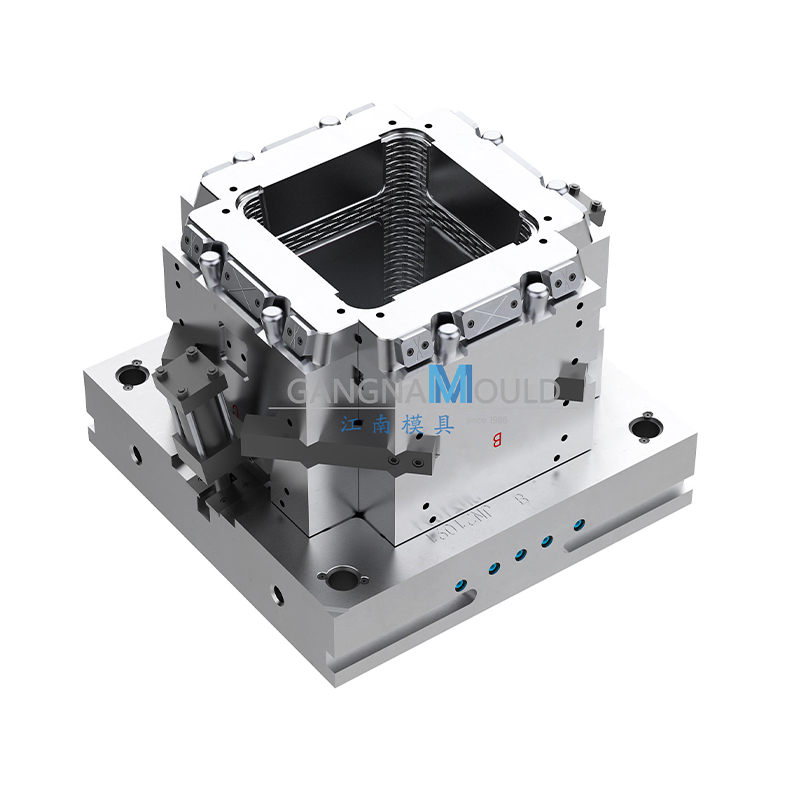
JN-110 household square plastic stool injection mold
Contact Us -
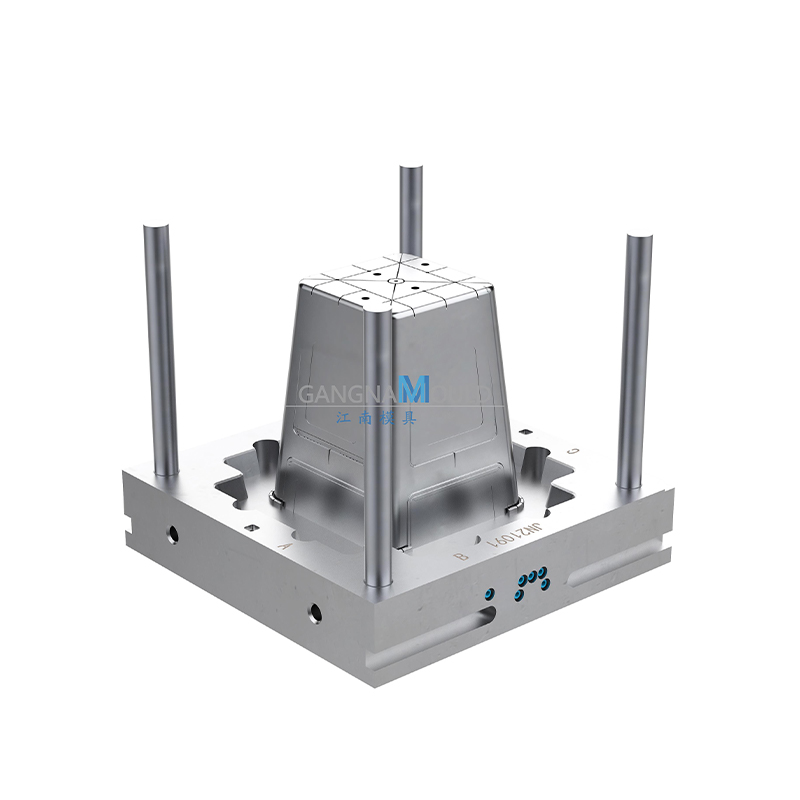
JN-111 household square plastic stool injection mold
Contact Us -
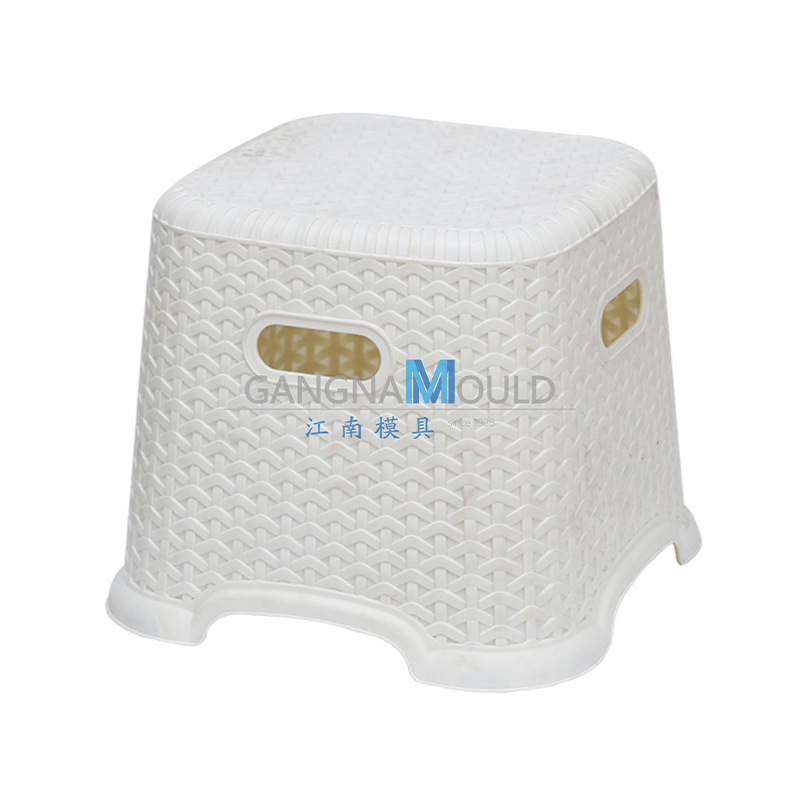
JN-094 Plastic children's stool mold injection mold
Contact Us -
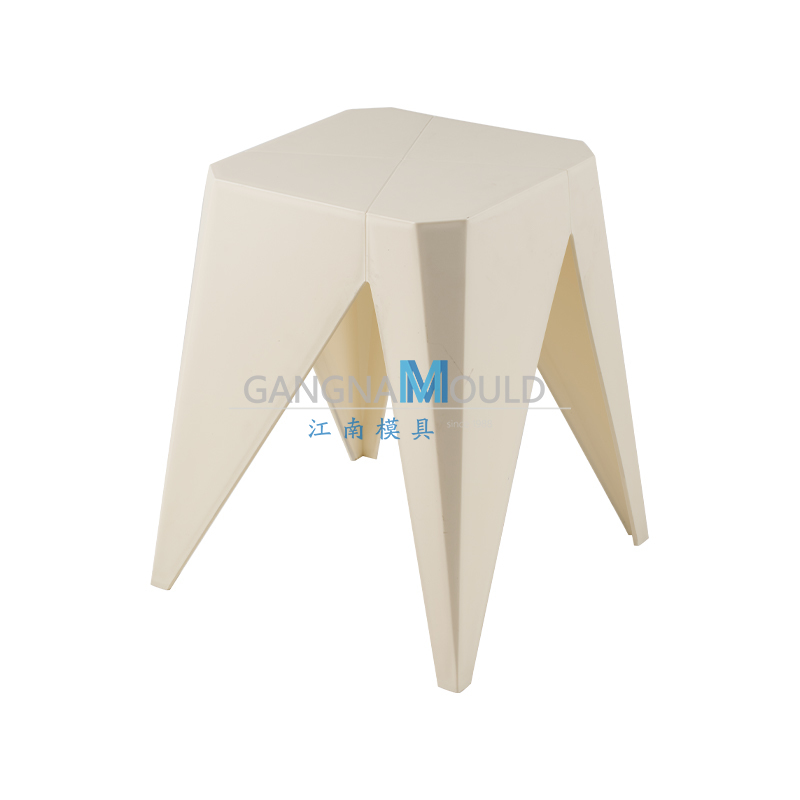
JN-596 Colorful lightweight plastic stacking stool mold
Contact Us -
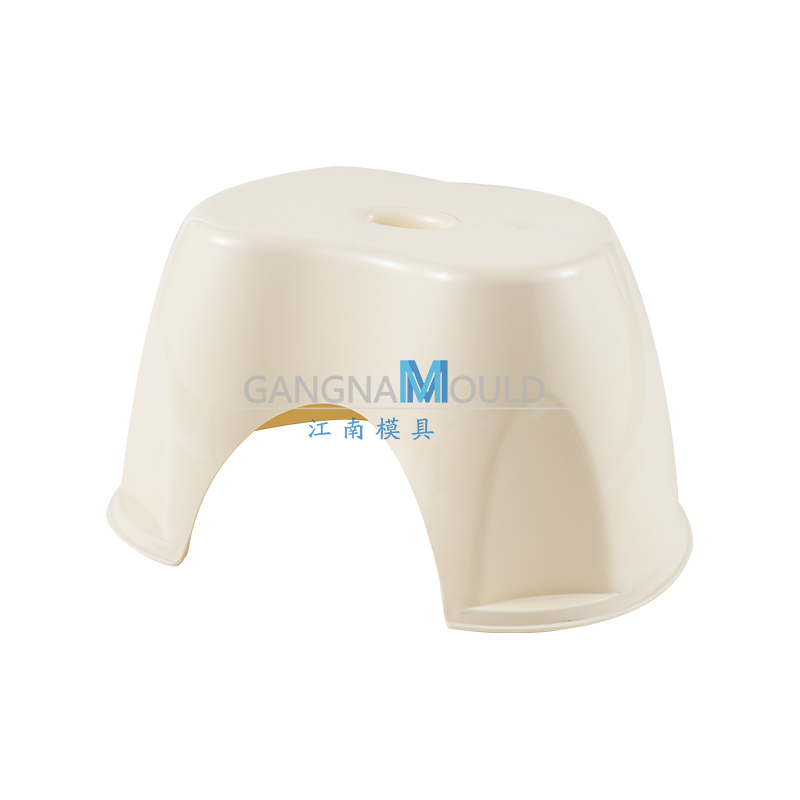
JN-610 Plastic Children's Stool Mould Injection Mold
Contact Us -
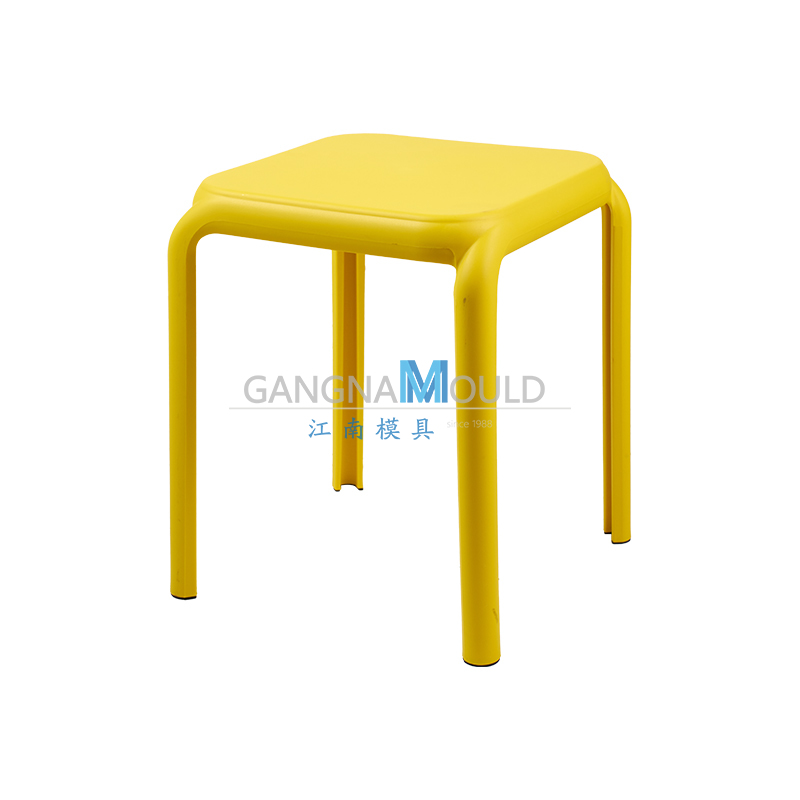
JN-599 Colorful lightweight plastic stacking stool mold
Contact Us -
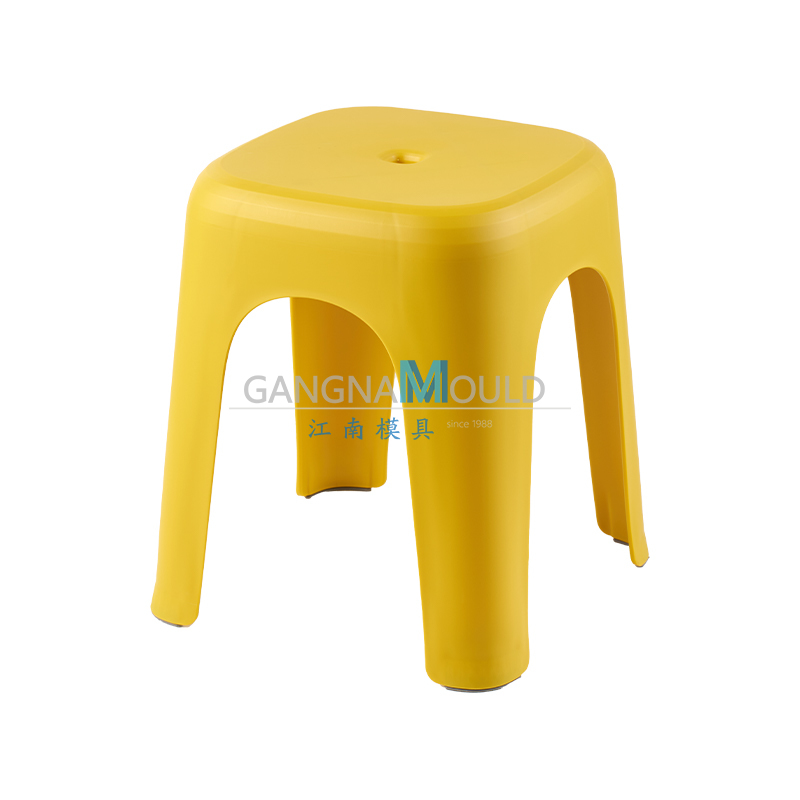
JN-601 Colorful Lightweight Plastic Stacking Stool Mold
Contact Us -
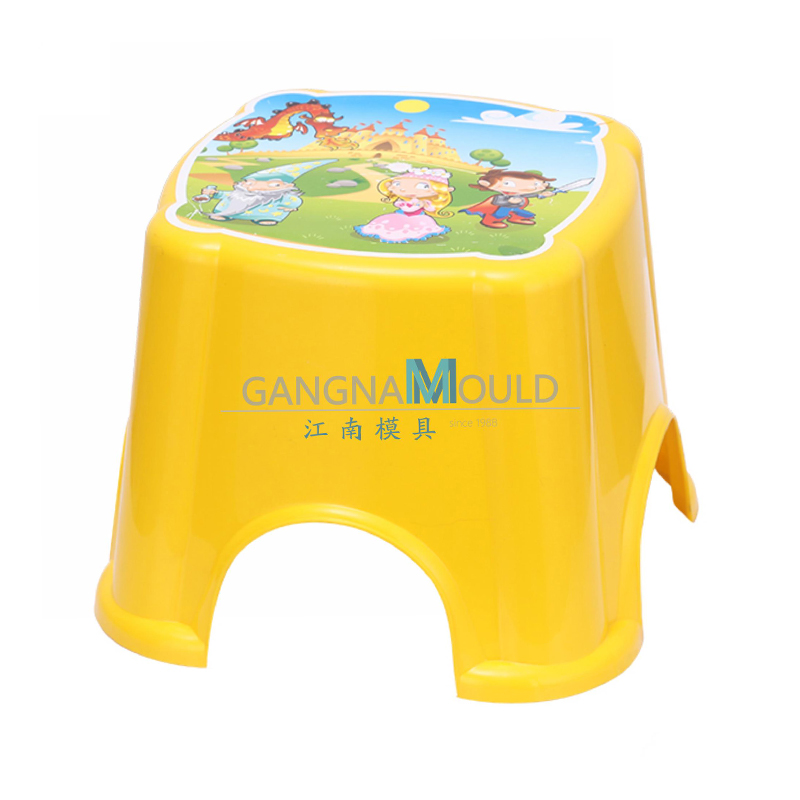
JN-096 Plastic children's stool mold injection mold
Contact Us -
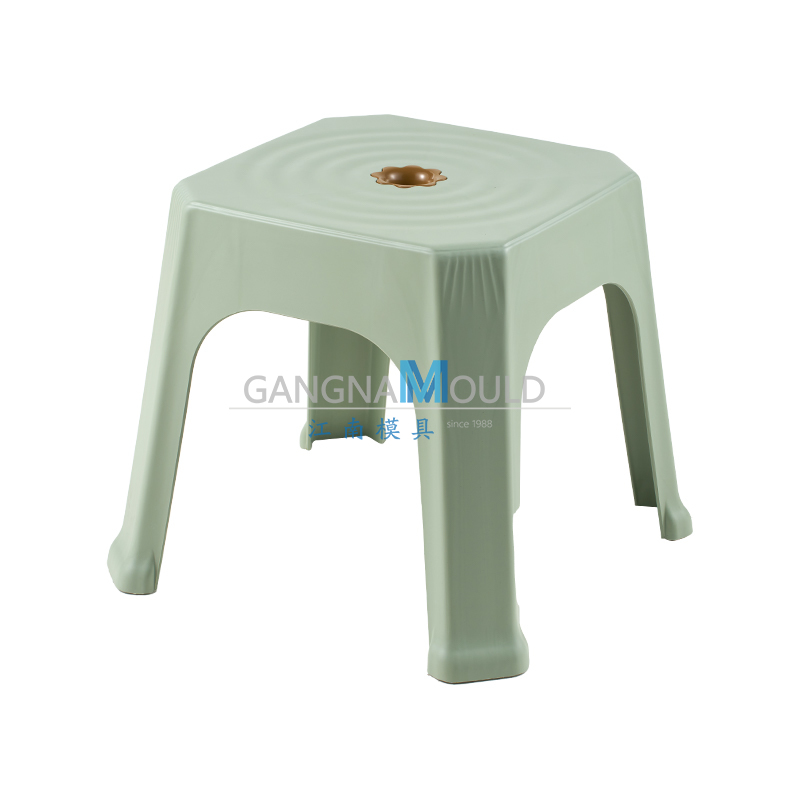
JN-597 Colorful lightweight plastic stacking stool mold
Contact Us -
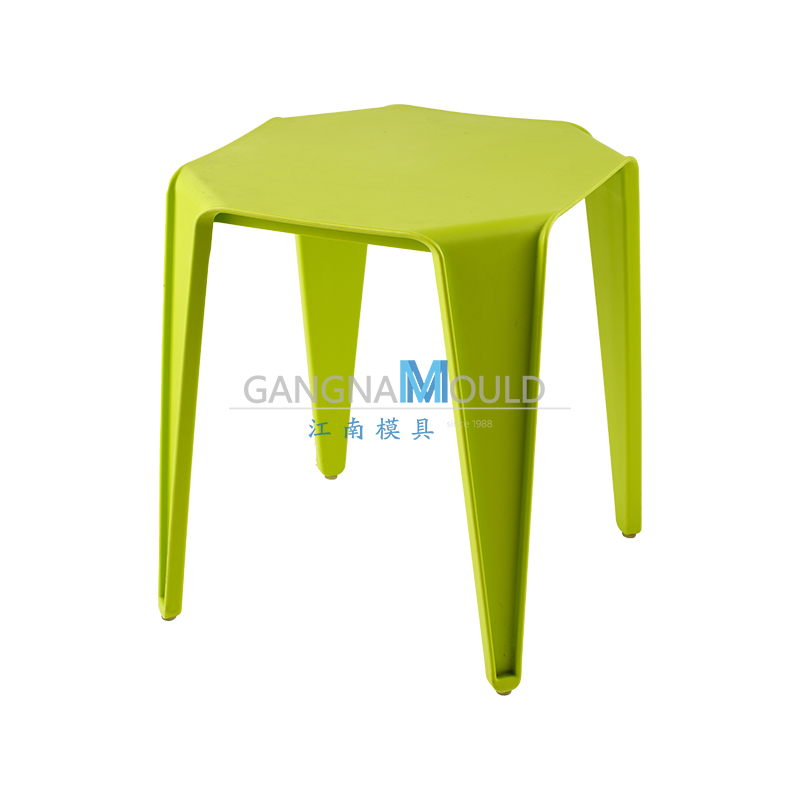
JN-598 Colorful lightweight plastic stacking stool mold
Contact Us -
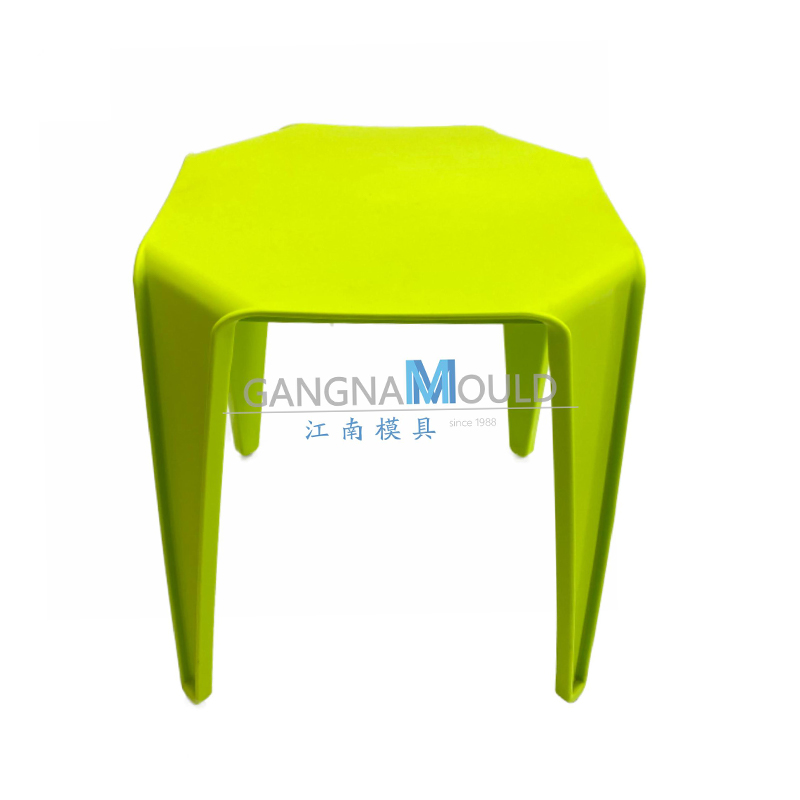
JN-099 Colorful lightweight plastic stacking stool mold
Contact Us -
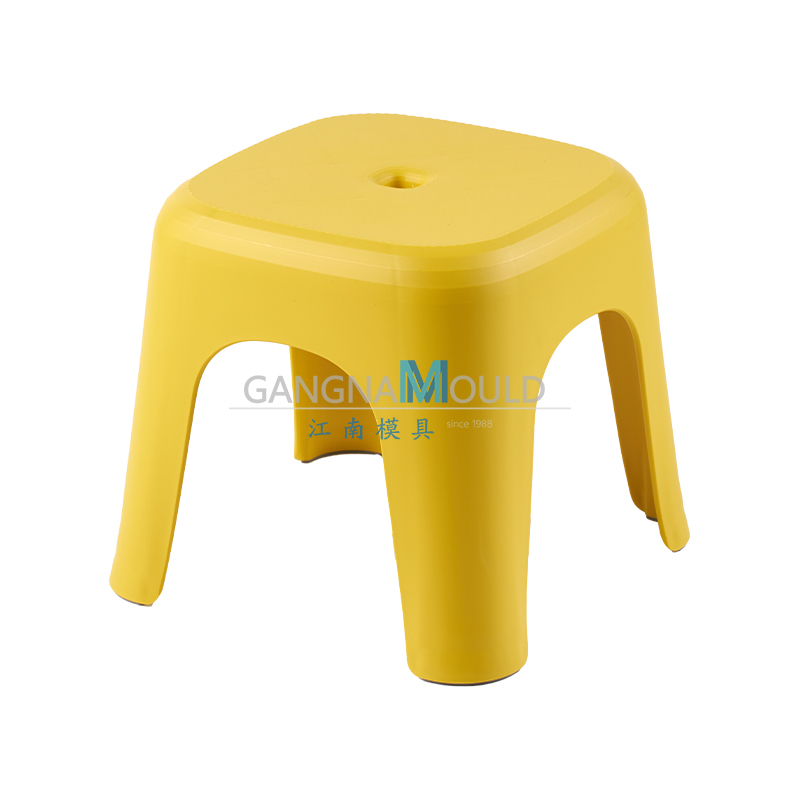
JN-602 Colorful lightweight plastic stacking stool mold
Contact Us -
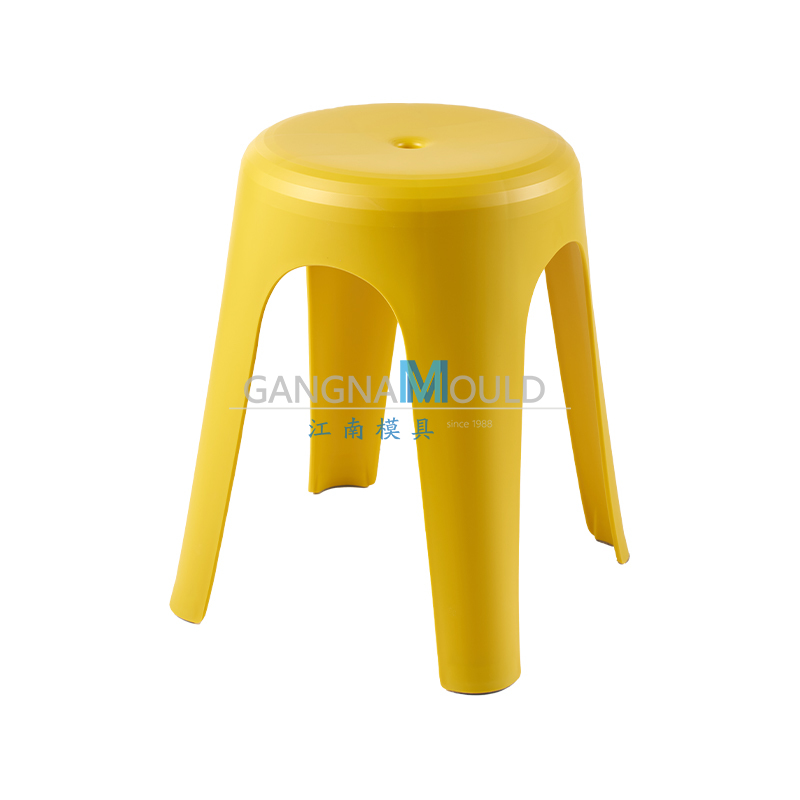
JN-603 Colorful lightweight plastic stacking stool mold
Contact Us -
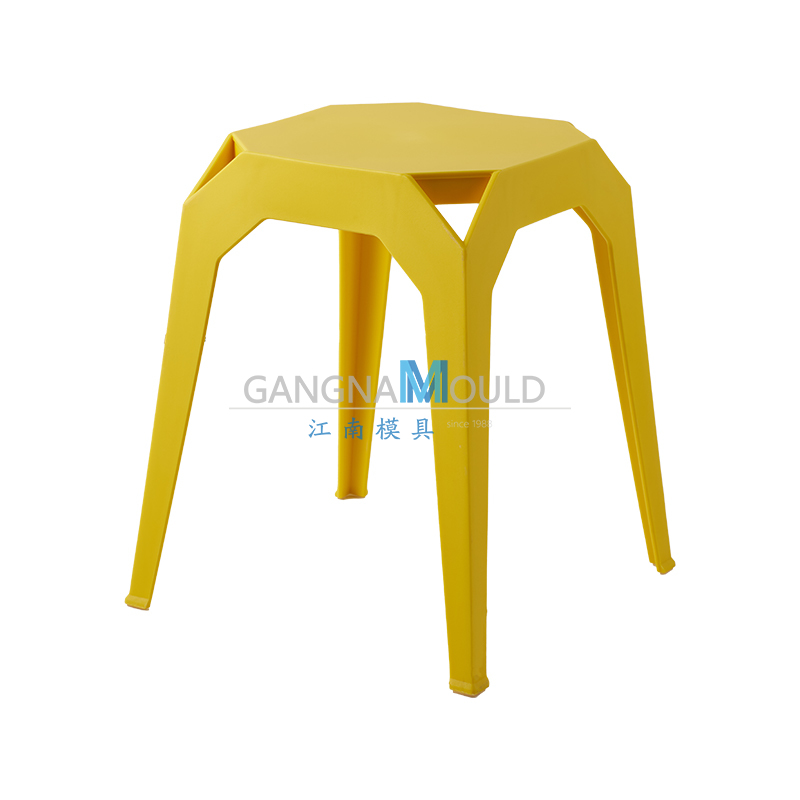
JN-605 Colorful lightweight plastic stacking stool mold
Contact Us -
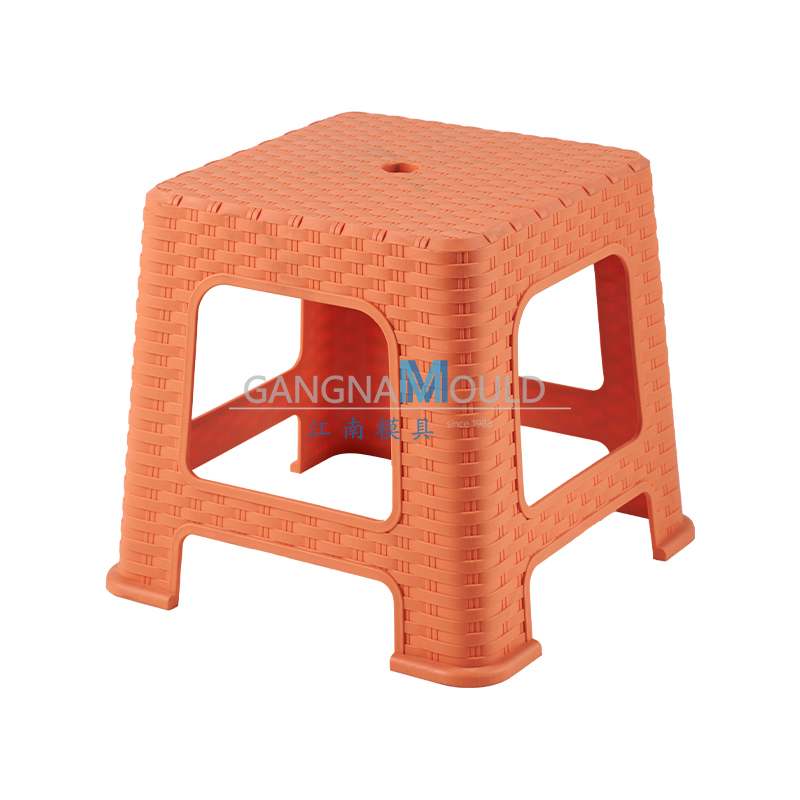
JN-613 Plastic Children's Stool Mould Injection Mold
Contact Us -
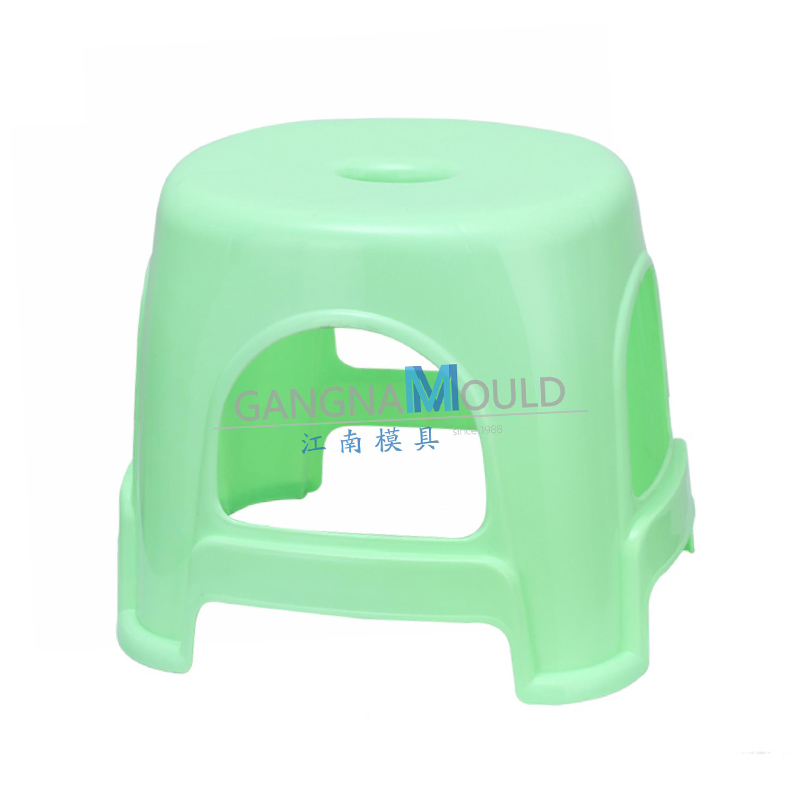
JN-093 Plastic children's stool mold injection mold
Contact Us
ABOUT GANGNAM MOULD
At Gangnam Mould, we specialise in the R&D and manufacturing of high-precision moulds. We design and produce plastic moulds for a variety of everyday items, logistics packaging (such as trays and turnover boxes), household appliances, and hollow blow moulding.
Thanks to our advanced technology and extensive experience, we are able to provide efficient and reliable mould solutions to customers around the world, helping them to improve productivity and market competitiveness.
Gangnam Mould now complies with ISO 9001:2015 QMS and looks forward to building long-lasting business relationships with clients and suppliers worldwide.
- 1000+ successfully executed projects.
- Excellent product quality and thoughtful customer service.

Our 37 years of customization experience has created a Gangnam-Mould brand value.
Our Proven Management System & Our Professional R&D Strength
Committed to ISO 9001 standards and a customer-centric approach, the company has built a comprehensive mold R&D and manufacturing platform, earning the trust of leading clients across industries — a true hidden champion in the field.
-

Certificate
-

Certificate
-

Certificate
News & Blogs
Industry knowledge
Stool moulds are specialised tools used in the production of stools, ensuring precision and consistency in shape and structure. Typically made from high-quality steel or aluminium, these moulds are designed for injection or compression molding processes. They allow for efficient mass production while maintaining the durability and stability of the final product. Modern stool moulds often feature smooth surfaces for easy demolding and can accommodate various designs, including ergonomic or decorative styles. They play a key role in producing stools for homes, offices, and public spaces with uniform quality and finish.
Injection Stool Mould for High-Quality Furniture Manufacturing
An injection stool mould is a critical tool in the manufacturing of plastic stools. Designed for precision, it allows molten plastic to be injected into the mould cavity, forming a uniform and consistent stool structure. Typically made from durable steel or aluminium, the mould ensures long-term use while maintaining high accuracy. The design of an injection stool mould can accommodate a variety of stool shapes, sizes, and surface finishes, making it versatile for different production needs.
The injection process begins with heating plastic material until it reaches a molten state, which is then injected under pressure into the mould. Once cooled, the stool is removed, displaying smooth edges and stable dimensions. Modern moulds often include features such as polished cavities and cooling channels to optimise cycle time and reduce defects.
Injection stool moulds are widely used in factories producing stools for commercial, residential, and educational purposes. They support high-volume production while ensuring consistency in quality, strength, and appearance. Additionally, these moulds can be customised to include ergonomic designs, stackable forms, or decorative patterns, enhancing the functionality and appeal of the final product. Proper maintenance of the mould is essential to prolong its life and maintain the quality of stools produced.
Overall, injection stool moulds play a key role in modern stool manufacturing, combining efficiency, accuracy, and flexibility in production.
Household Stool Mould for Stackable and Foldable Stools
Household stool moulds are essential in producing stools designed for everyday use at home. These moulds are carefully crafted to ensure that each stool is stable, safe, and visually appealing. Made from high-quality metals such as steel or aluminium, household stool moulds provide durability and reliability in the production process.
The mould design allows for a variety of stool types, including simple four-legged stools, round seats, and stackable models. During production, plastic or other suitable materials are shaped within the mould, ensuring uniform dimensions and smooth surfaces. Cooling channels and polished cavities are often incorporated to improve production efficiency and small imgoodions.
Household stool moulds cater to a range of interior settings, from kitchens and living rooms to study areas. They enable manufacturers to produce stools in different sizes, colours, and textures while maintaining consistent quality. Ergonomic and functional designs can also be integrated into the mould, enhancing user comfort and utility.
These moulds are particularly valued for their ability to support medium to large-scale production, ensuring that stools are durable and safe for daily use. Regular maintenance of household stool moulds ensures their longevity and consistent performance.
Overall, household stool moulds are a key element in furniture production, combining precision engineering with practical design to deliver high-quality stools for home environments.



 English
English русский
русский Español
Español Français
Français عربى
عربى 简体中文
简体中文


